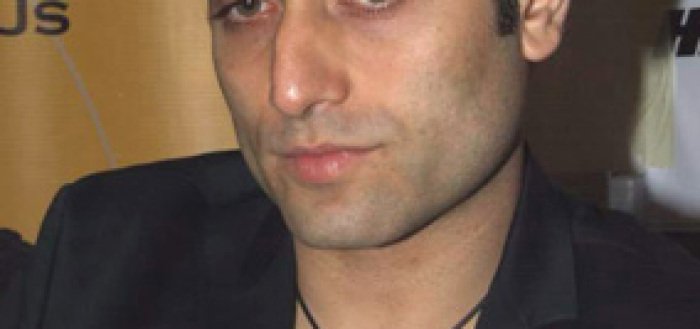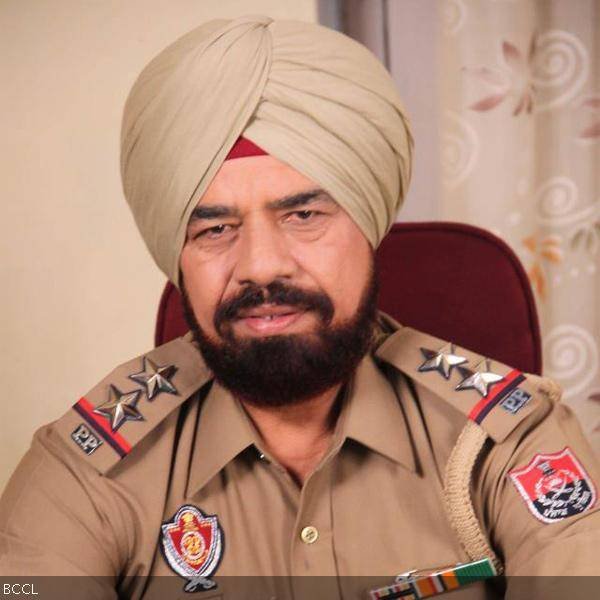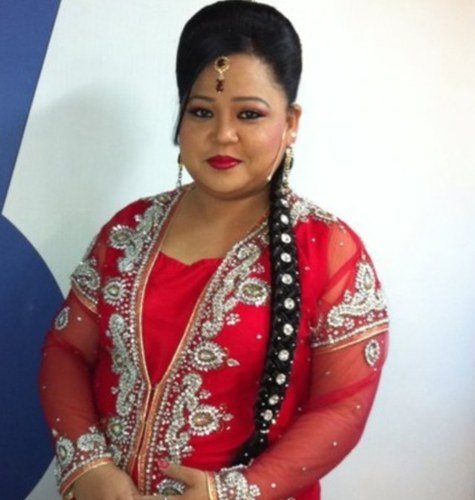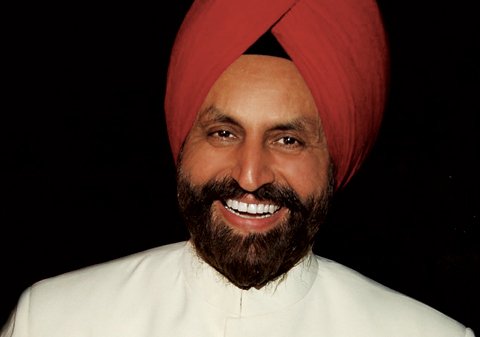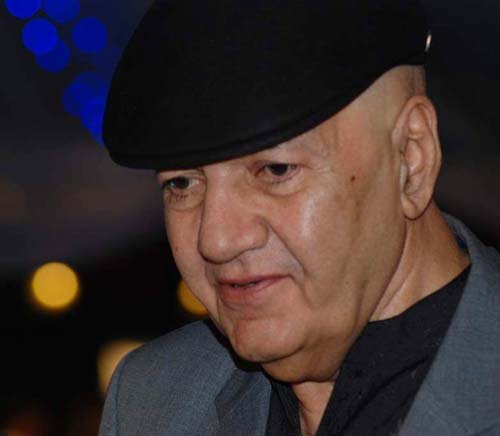Shiney Ahuja was born in New Delhi in a Punjabi family. His father was in the Indian army. His early schooling was at St. Xavier’s School, Ranchi; later, he studied at The Army Public School, Dhaula Kuan, New Delhi. While studying at The Asian School, Dehradun, he was attracted to theater and attended several acting workshops with National School of Drama, New Delhi. Later he joined the theatre group ‘Tag’ where he met Barry John (theatre director) and soon enough joined Barry Johns Acting School in Delhi. After 1999 he moved to Mumbai. Before making his debut in films, Shiney Ahuja modelled and acted in commercials. He also appeared in a music video for the British-Asian band Stereo Nation. He made his acting debut in the critically acclaimed Hazaaron Khwaishein Aisi which debuted at various film festivals in 2004 and was released in theaters in 2005. In 2006, Ahuja was awarded Best Male Debut by Filmfare Awards, Screen Awards, IIFA Awards, Zee Cine Awards and Stardust Awards. He also played the lead role in Mahesh Bhatt’s Gangster, a more popular movie. In 2006, he acted in the movie Woh Lamhe opposite Kangana Ranaut. In 2010, his movie Har Pall was released amid controversy that he was accused of raping his housemaid. Shiney Ahuja is married to Anupam. They have a daughter named Arshiya, born in Mumbai 2007. Shiney Ahuja was arrested on 14 June 2009 after his 20-year old maid, working at his Oshiwara, Mumbai residence, accused him of rape. She told police that he had molested her the day before, and she did not want to go back to the house after the incident. When she called in reporting sick the next day, Shiney’s cook insisted she come. In the complaint, the maid said that after the rape, he confined her in a room for two hours and threatened her with harm if she told anyone about the rape. Shiney Ahuja was booked under the Indian Penal Code (IPC) Sections 376 (rape), 346 (wrongful restraint) and 506 (threat to kill), punishable by up to seven years of jail term. Medical reports showed evidence of assault and injuries on the victim’s reproductive system. The Ahuja family had been staying in the house for six years, and the maid had been working there from May 2009. The public prosecutor said that the victim and the accused were alone at his residence during the incident. Shiney’s wife Anupam along with their 2-year old daughter were away in Delhi visiting Shiney’s parents at the time. The assistant commissioner of police said that Shiney Ahuja initially claimed to have consensual sex with the maid, and later broke down and confessed to rape. Police also said Ahuja confessed to being drunk at the time. The DNA report confirmed sexual intercourse, and the blood and urine samples suggested that he was not under the influence of alcohol or drugs at the time of the alleged crime. His wife defended him saying he was being framed, and said he had never admitted to consensual sex. Shiney Ahuja later clarified that he had not admitted to consensual sex. In his bail petition, he had suggested consensual sex for the sake of argument.The police filed a 109-page chargesheet with statements of 12 witnesses, forensic reports and other documentary evidence. The sessions court rejected Ahuja’s bail plea and transferred the case to a fast-track court.In September 2009, the fast track court also turned down a bail plea. The following month, having spent more than three months in jail, Shiney Ahuja obtained bail from the Bombay High Court, with the assurance that he will stay out of Mumbai. In September 2010, while being cross-examined at the fast-track court in Sewri, the complainant said that Ahuja did not rape her. She testified in court that she had seen his movies and had fallen in love with him. She had slapped false charges against him at the behest of Ahuja’s cook who had helped her in getting a job with the household. Following this, the court declared her hostile, and the public prosecutor said she can be punished for perjury if the court deems fit, although the Maharashtra police decided not to press perjury charges against her. The complainant’s family said she was engaged to be married, and they were no longer concerned about the case. The court did not accept the complainant’s reversal however, and went by the police’s chargesheet filed against Shiney Ahuja , which included medical reports and DNA fingerprinting. In March 2011 Ahuja was convicted and sentenced to seven years’ rigorous imprisonment. After spending 27 days in jail, he was released on bail until his appeal hearing, with the direction that he would not leave India without court permission. In October 2012, Ahuja applied for an early hearing in the Bombay High Court claiming that the fast-track court had “wrongly arrived at guilty verdict”. He said the maid’s cell phone records and CCTV footage were in his favour, and that she was on phone with a man for half-an-hour during the time of the alleged rape. The court then directed to place the appeal for hearing on 17 December 2012.
Search Personality
-
Ranjeet Singh says:
-
Ranjeet Singh says:
-
Ranjeet Singh says:
-
Ranjeet Singh says:
-
Ranjeet Singh says:
- Actor Ajj De Ranjhe AkakaAmazing Akshay Kumar Amritsar art artist Astronauts bhangra Birmingham Bollywood Bombay Canada Carry on Jatta Chandigarh Comedians comedy comedy circus Delhi desi Desi hip hop England Faisalabad Famous Hindi Films Hoshiarpur India Indian Indian Army Jalandhar Jatt and Juliet Lahore Lucky di Unlucky Story Ludhiana Mumbai Padma Bhushan Pakistan Punjab Punjabi punjabi cinema Punjabi film industry Punjabi films Punjabi singer Sikh St. Stephen's College

